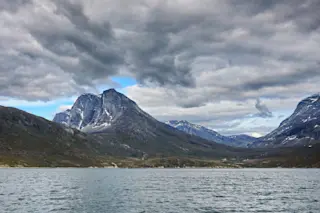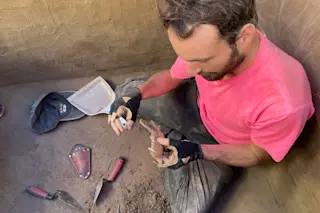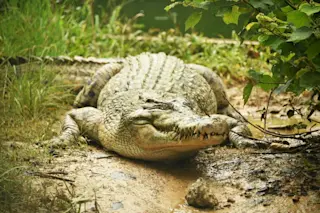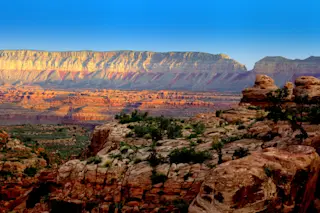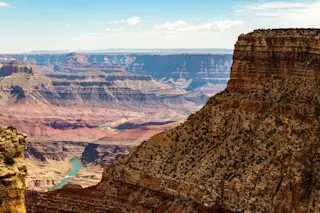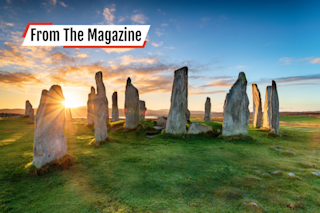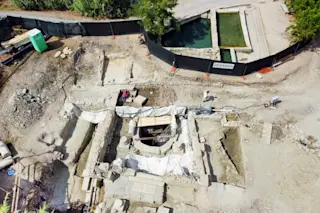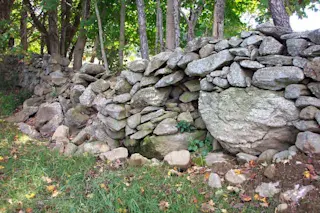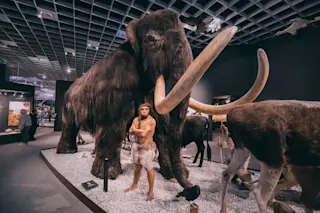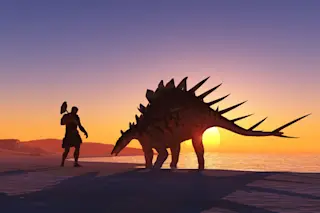Hailing from Norway, Sweden and Denmark, the seafaring pirates best known as Vikings, or Norsemen, raided and colonized Europe from the ninth to eleventh centuries. They also established settlements throughout the Arctic including in Greenland. Now researchers say that climate change is threatening the cultural history of the region, as rising temperatures eat away archaeological relics. The findings suggest Norse Viking artifacts are particularly endangered by climate change.
“Our findings highlight that climate change will have an effect on cultural heritage,” said environmental scientist Jørgen Hollesen, who led the new research. “If we do nothing to protect the archaeological sites in the Arctic, we will lose irreplaceable human and environmental records of the past.”
He added: “It would be a great shame if future generations will not have the opportunity to learn from the past as we have today.”
Arctic Assessment
For almost a decade, Hollesen has been trying to get a grasp on what will happen to the nearly 6,000 archaeological sites in Greenland as the climate changes. In the last three years, he’s teamed up with other researchers on a project called REMAINS of Greenland. The group is carrying out the first regional assessment of climate change impacts on archaeological sites in the Arctic. This new research is part of that project. Ultimately, the team hopes to produce a tool to identify and prioritize the sites most vulnerable to degradation.
In the new work, Hollesen and his team examined how fast increasing temperatures might degrade wood, bone, hair, DNA and other organic materials at seven archaeological sites in Greenland’s Nuuk region. The sites stretch from the sea to about 75 miles inland and originate from three main Greenland cultures – Saqqaq (2,500 to 800 B.C.), Dorset (300 B.C. to 600 A.D.), and Thule (1,300 A.D. to present) – as well as from Norse Viking Age settlers who inhabited the inland area from 985 to 1,350 A.D.
The sites also differ markedly in climate. Coastal sites are much colder and wetter than the inland sites, the researchers found. They also modeled effects of future climate warming on soil temperatures at five of the sites.
Disappearing History
The analysis revealed rising future air temps would mean higher soil temperatures and a longer thaw season, circumstances that can put some pep into microbes that break down organic materials.
“Our results show that 30 to 70 percent of the archaeological fraction of organic carbon in the archaeological deposits could disappear within the next 80 years,” Hollesen said.
Although the researchers expect all of the archaeological sites to experience substantial loss, the most rapid degradation will occur in inland areas, the team announced Thursday in the journal Scientific Reports. The finding suggests remains from the Norse Viking Age settlers are especially under threat, Hollesen says.
Though the team still needs to investigate other parts of the Arctic beyond the Nuuk region, Hollesen and team hope the research will help identify particularly vulnerable sites.
“We must be realistic and acknowledge that it will be necessary to prioritize between sites in order to direct limited resources to the most valuable sites,” he said.


